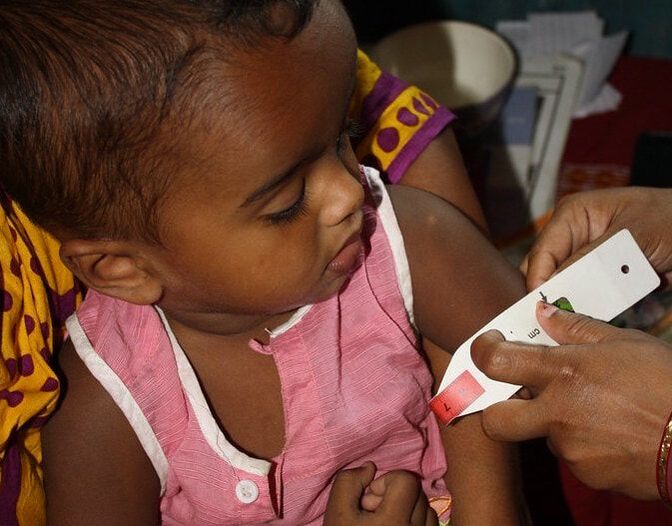Implementing EQUIST in Bangladesh with National, Divisional and International Collaboration29/11/2019 Shahrouh Sharif, Advisor-Data Analytics and Health Systems Strengthening, Community Systems Foundation Seth Davis, Programme Advisor, Community Systems Foundation From 21-30 October 2019, Community Systems Foundation met with UNICEF Bangladesh and national, regional and international stakeholders in Dhaka, Bangladesh to initiate work towards strengthened use of data to save young lives.
In the context of a long term partnership with UNICEF, CSF has developed the EQUIST platform and provided technical assistance in its implementation. The EQUIST model aims to generate guidance toward an evidence-based, country-specific reproductive maternal, newborn, and child health and nutrition (RMNCH-N) investment case. Moreover, EQUIST provides the latest RMNCH-N data. Working closely with the Planning, Monitoring and Reporting (PMR) Department and Department of Management Information Systems (MIS), UNICEF Bangladesh, and the University of Dhaka, CSF, through a series of interventions, is facilitating knowledge exchange and capacity building to enable national health officers to identify key health and nutrition bottlenecks and determine cost effective, and life-saving interventions. A key outcome of the first mission was the establishment of the Bangladesh EQUIST Data Expert Committee. As the first of its kind, 15 stakeholders came together to identify the most relevant primary and secondary data sources to be utilized in EQUIST. Stakeholders include, but are not limited to: PMR, MIS, UNICEF, Bangladesh Bureau of Statistics (BBS), the World Health Organization (WHO), the United Nations Population Fund (UNFPA), USAID, the World Bank, the Department of International Development, UK (DFID) and Save the Children. Presenting an overview of the tool and its functionalities, CSF demonstrated how the tool could be implemented in the Bangladesh context, including a critical linkage to the health information system for the development of investment cases, guidance for cost effective strategies and prioritization during planning. This includes guiding national health plans and local health initiatives. To ensure individuals from Bangladesh Country Office (CO) and the University of Dhaka have full capacity to understand the full work plan of activities, including the implementation and use of EQUIST, CSF, in partnership with UNICEF is organizing a series of workshops, including Advanced User Training in Delhi, India. The culminating activities will be a bottleneck analysis workshop to generate concrete recommendations for health planners. At the close of the meeting, it was agreed that there will be important next steps to take in order for EQUIST to be fully implemented in the country. Importantly, these will include: further advanced user training for PMR, MIS, and UNICEF Bangladesh; a workshop to setup workspace parameters, a 2-day EQUIST capacity building workshop to discuss, in depth, the frontend interface of EQUIST, as well as an additional 3-day training to conduct a bottleneck analysis. CSF looks forward to continued collaboration with country counterparts in Bangladesh to ensure successful implementation of EQUIST. The planned activities should also demonstrate how countries can adopt the tool take ownership of EQUIST in their local context.
0 Comments
Leave a Reply. |
Join the CSF data revolution webinar tomorrow!
COMMUNITY SYSTEMS FOUNDATION – EST 1963
+1 212 500 1335
data-driven sustainable development

